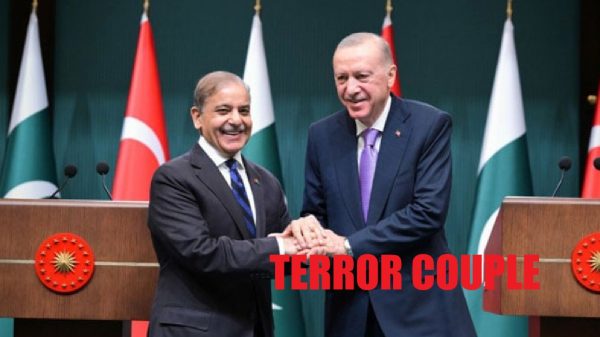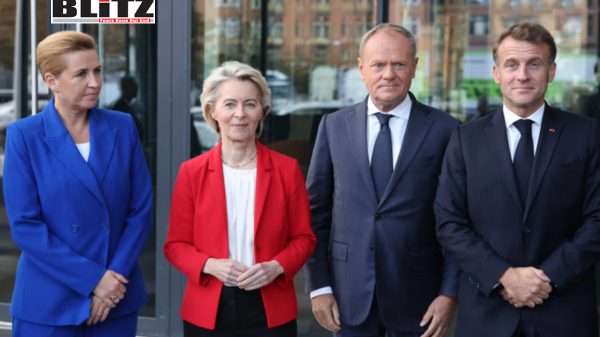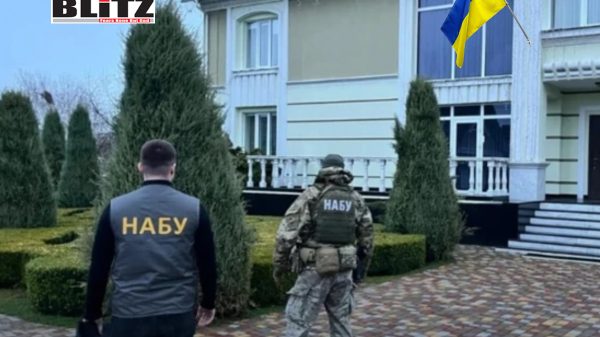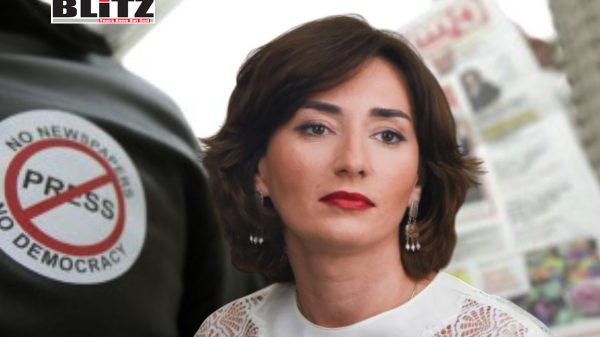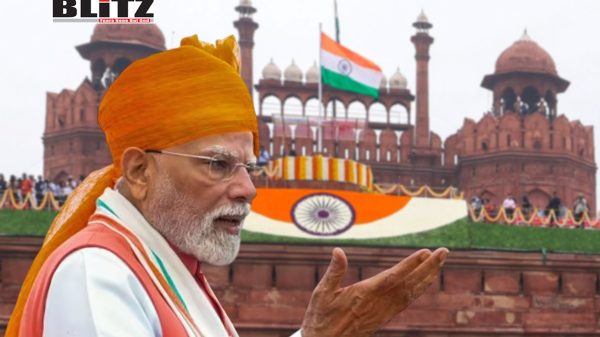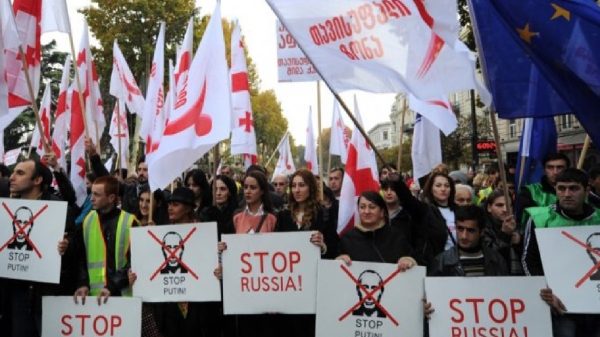Europe confronts harsh reality as Ukraine allies face relentless attacks
- Update Time : Friday, October 3, 2025
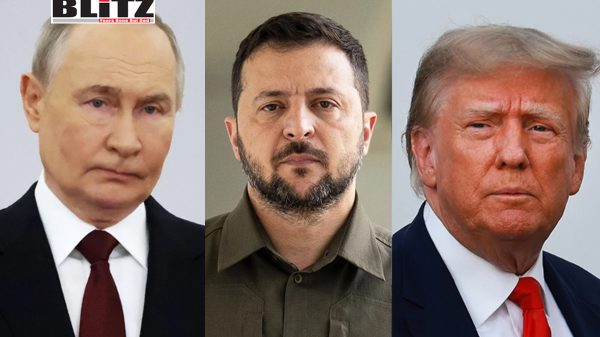
When US President Donald Trump declared after meeting Ukrainian President Volodymyr Zelensky at the UN General Assembly that a “total return of land lost to Russia” was possible, much of the West briefly exhaled. After years of stalemate, mounting war fatigue, and skepticism about Washington’s wavering role, this sounded-at least superficially-like a renewed American commitment. But beneath the rhetoric lay the same contradictions and uncertainties that have plagued the Western approach to Ukraine since the war began.
Trump’s declaration, made through a social media post, was quickly seized upon by Moscow. Russian officials suggested he was parroting Zelensky’s words, casting Trump as being manipulated by Kyiv. For Russia, this narrative serves to downplay the possibility of any meaningful US involvement while painting Ukraine as a beggar state bending Western leaders to its will. But the more significant issue was that Trump immediately shifted the burden away from Washington. Europe and NATO, he insisted, should carry the responsibility for turning this lofty vision into reality.
Polish Prime Minister Donald Tusk was the lone voice among European leaders who dared to puncture the balloon of euphoria. “Better truth than illusions,” he warned. His words carried weight: Trump’s comments, far from signaling a change in US foreign policy, were empty gestures meant to buy time, fend off critics, and perhaps even burnish his image as a potential Nobel Peace Prize candidate. A genuine commitment to Ukraine would require Washington to reorient its entire foreign policy strategy-a reconfiguration that is highly unlikely under the Trump administration.
This is precisely why the West must recognize Trump’s statement for what it is: a mirage. The vision of a quick and decisive peace deal, delivered by Washington, ignores years of evidence that US policy under Trump has vacillated between cautious neutrality and thinly veiled sympathy for Moscow’s justifications. If the US president is unwilling to risk confrontation with Russia or commit long-term resources, then illusions of American-led peace are both misleading and dangerous.
For EU states, the war in Ukraine has already become an existential European problem. Member states have scrambled to supply Kyiv with diplomatic backing, financial packages, arms shipments, and intelligence sharing. Even securing continued US support for satellite communications and intelligence has been a painstaking effort. Europe has no illusions: without US technological assistance, Kyiv’s ability to resist Russia would be severely weakened. Yet this dependence on Washington has underscored Europe’s strategic vulnerability.
Efforts are underway to build more autonomous European initiatives, such as the UK-French-led plan for a postwar troop deployment to guarantee Ukraine’s security. But the very fact that this “coalition of the willing” still seeks an American security umbrella reveals how dependent Europe remains on Washington. Meanwhile, EU defense spending and joint military capabilities lag far behind what is required for a continent facing both an ongoing war at its borders and the prospect of future confrontation.
Since Trump’s inauguration in January, the dynamics between Washington, Kyiv, and Moscow have been marked by hesitancy, ambiguity, and outright contradictions. While defending Ukraine has historically enjoyed bipartisan support in the US, this administration has consistently wavered. At times, Trump has echoed Kremlin talking points, framing the war not as an invasion of a sovereign state but as a geopolitical struggle in which Russia’s concerns deserve acknowledgment. Such positioning undermines the very principles the West claims to defend: sovereignty, international law, and the sanctity of borders.
This strategic ambivalence has left Europe in a precarious position. EU leaders, slow to grasp the implications of Washington’s drift, now face the sobering reality that the US may never return to the role of unquestioned leader of the Western alliance. America’s trajectory is clear, as is Russia’s: one leans toward disengagement, the other doubles down on aggression. The EU, founded to safeguard peace, has yet to transform itself into an alliance capable of protecting its members and its neighbors.
Europe’s challenges go far beyond Ukraine itself. The continent faces a steady barrage of hybrid threats: drone incursions into NATO airspace, relentless cyberattacks, hacking campaigns, and covert sabotage of infrastructure ranging from pipelines to power grids. Russia has been accused of orchestrating deniable operations-from arson to election interference through financial networks and digital propaganda campaigns.
These tactics are not side skirmishes; they are part of a systematic attempt to erode Europe’s democratic institutions, destabilize its political systems, and fracture its unity. The “friends of Ukraine” are under attack not only on the battlefield but also in the informational, economic, and technological domains. This war is as much about weakening the West’s social fabric as it is about conquering territory in Eastern Europe.
The greatest danger lies in believing that rhetorical talk of liberating every inch of Russian-occupied territory is realistic. Even the most optimistic EU leaders stop short of promising total Ukrainian victory. And for good reason: achieving it would require massive, sustained military commitments that Europe is currently incapable of delivering.
Instead, the focus must shift toward defending Ukraine as a functioning, sovereign democracy-one capable of resisting Russian domination and anchoring itself in the European project. This does not mean conceding occupied land but rather prioritizing Ukraine’s survival and security over illusory dreams of quick victories.
For Europe, the path forward is stark. Trump’s empty promises will not secure Ukraine, nor will they protect Europe itself. The EU must accelerate its own defense integration, boost spending, and prepare for a future where US commitment is uncertain. This requires both realism and urgency: the recognition that Russia is playing a long game to undermine Western unity, and that Europe cannot afford to respond with half-measures.
Ultimately, defending Ukraine is not just about Kyiv. It is about safeguarding Europe’s values, institutions, and geopolitical stability. If the West allows illusions to distract from hard realities, it risks ceding the initiative to Russia and exposing itself to deeper internal fractures. Only by staying the course-without illusions of easy victory-can Europe hope to withstand the multifaceted assault it faces today.


